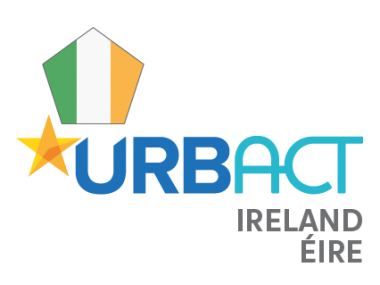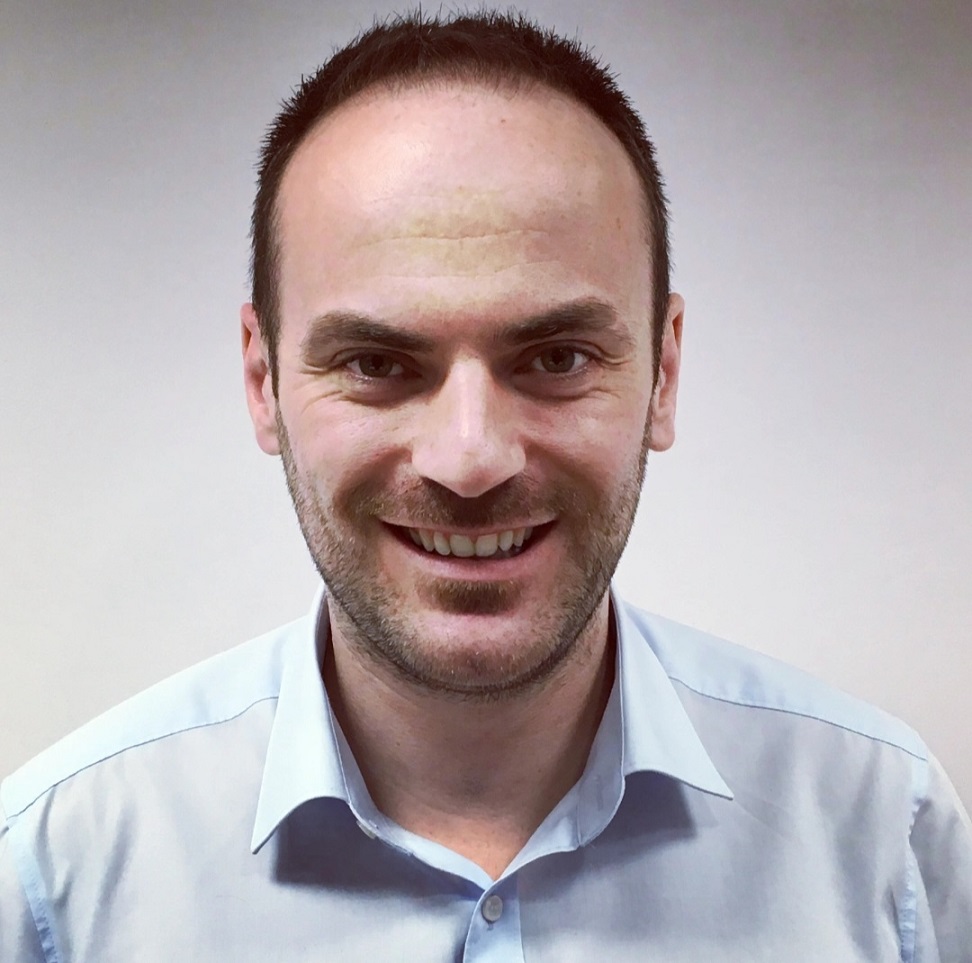What did the URBACT partners in Ireland get up to in 2021 - PART 1
Edited on
08 April 2022It's been another eventful year for Ireland's URBACT networks. They've weathered the changing COVID situations and adapted to implement their actions through a range of virtual and real life solutions. Here's the first part of what's been going on in 2021. This article deals with the activities of Health&Greenspace, ACCESS, Find Your Greatness and Urbsecurity. We'll post a further update discussing Tourism Friendly Cities, iPlace, RU:RBAN, Global Goals for Cities and the Playful Towns National Practice Transfer Initiative very soon!


As part of the Small Scale Actions undertaken in Limerick, three orienteering courses have been developed for the Baggot Estate. This tract of land in the south of Limerick city is a valuable amenity for locals, and of a size perfect to facilitate orienteering. Training was provided by the Irish Orienteering Association through two short and one long course. Participants used a combination of paper maps, and the MapRun6 app to navigate around the estate over four hours. Also an orienteering leader training workshop was held in the Baggot Estate to promote the new courses. There were twelve participants, a mix of teachers, scout leaders, and members of the local residents association. Each participant received a resource folder of game cards/equipment to run their own events. In a post-covid city, safe, exciting, and healthy outdoor activities such as this are a valuable result of this URBACT project. Learn more here.

On the 9th and 10th of December, Limerick City and County Council, in association with the University of Limerick and the CONFIRM Centre organised the very first Limerick Innovation Live Event (LIVE).
This two day hybrid event brought together a diverse mix of authorities, agencies, industry partners, universities, citizen networks and more, all collaborating, in bringing attention and focus on innovation – for Limerick. With the rapidly changing worlds of work, education, and personal lives, much of it driven through emerging technologies and digital transformation that’s taking place all around us, there is an appetite to learn, experiment and deliver new smart and digital innovations. Through close cooperation with the ULG Network the team have identified that Limerick has rich seams of talent and hosts many leading areas of expertise and practice – including leading global technology, medical and pharma companies as well as globally significant research and education facilities. The missing part of the puzzle, however, is the voice of the citizen and how that voice should help inform how this work evolves. By folding their Small Scale Action into this event, they showcased the work of Limerick’s FabLab, in particular the Makers Club, a group of citizen engineers and scientists who are developing new concepts using this shared space for innovation. This event, the first of what is hoped will be a series of similar engagements, brings together just some of the elements of the current and evolving landscape of innovation in Limerick, and would not have been possible without the URBACT Find Your Greatness project. More here.

Dublin City Council Culture Company represents Dublin City as part of the ACCESS Network, a partnership of eight European capital cities which supports integrated sustainable urban development.
Experimenting with new ways of accessing culture
The Culture Company used their Small Scale Actions as an the opportunity to experiment with ideas and explore new ways to engage with culture. Working with their URBACT Local Group (ULG), they began by asking important questions that the pandemic had raised about culture and inclusion. Several questions arose:
- How can we evolve so we offer more choices to people to do more cultural things?
- How do we listen to the stories people share with us to allow greater access to culture?
- How do we share these personal testimonies and insights on the city to influence policy and create a stronger cultural infrastructure?
- How do we reach the ‘hidden’ culture that exists within our city?
An overarching question of “How can we build and deepen the impact of what people tell us and integrate it into policy and strategies for culture in the City?” also emerged strongly.
Alongside posing these important questions, the ULG also identified the challenge of connecting with a rarely mentioned ‘hard to reach’ community - people in full-time employment, aged between 19-54 and who chose to engage in culture under their own terms.
New hybrid cultural models
In 2020, the Culture Company rapidly adapted to bring much of its activities online. They discovered that they could build in flexibility on scheduling and times of events, this small shift allowed for greater connection with this new audience.
They began to incorporate the conversations and questions posed by the ULG within the organisation’s programmes and projects. While ongoing restrictions have meant that opportunities for in-person activities in Dublin have been limited, the Culture Company continue to navigate this new hybrid space and harness it to intentionally enhance cultural participation.
Planned initiatives for 2022 include developing spontaneous opportunities to engage with culture (both online and in local neighbourhoods), to bring different generations together in new and unusual ways and ignite conversations. The Culture Company will use learnings from these engagement activities to inform the design of future cultural opportunities.
The measures of success will be a replicable model and ‘how to’ toolkit for other communities to recreate. The Culture Company are looking forward to submitting the integrated action plan in December, and continuing to enhance access to culture alongside our seven partner cities. More here.

Transnational collaboration
2021 has been an busy year for the UrbSecurity project, both at the local level and the network level, collaborating with their stakeholders and partners to progress the development of their Integrated Action Plan (IAP). Due to the ongoing Covid pandemic, all of the ULG and transnational meetings were held online. However, that did not stop the engagements and sharing of information. Five transnational meetings were held throughout the year. Although all transnational meetings were held online, each transnational was hosted virtually be a different partner city, allowing for the opportunity to learn more about the partners. Longford virtually hosted the May transnational meeting, where the focus of the meeting was on security by design, with a focus on urban design interventions, as well as introducing the partners to Longford. This was a very positive meeting and allowed Longford the opportunity to showcase the town and demonstrating how they are addressing the town's challenges.
Actions in Longford
Five ULG meetings were also held to date throughout 2021 with a primary focus on learning from the transnational meetings and working together to develop a draft IAP. While the ULG meetings were all held online, there was very active engagement by the ULG, working on the identification of issues facing Longford and potential solutions to the issues.
One of the priority areas identified for Longford is the enhancement of laneways within the town. This has been the focus of the Small Scale Actions, with a new art installation due to be in erected in the Garvey’s Yard area of the town before the end of the year. This will increase the footfall along the laneway, increasing a sense of safety for users and thereby increasing activity in this part of the town centre.
As part of the approach to enhancing the laneways, Longford County Council has worked closely with the local community policing unit. This has resulted in an increased police presence along the laneways, improving the sense of safety in these areas of the town.Longford is looking forward to 2022 to continue the positive work we have commenced with the finalisation of the IAP and engagement with all their stakeholders. More here.
 Submitted by Karl Murphy on
Submitted by Karl Murphy on
